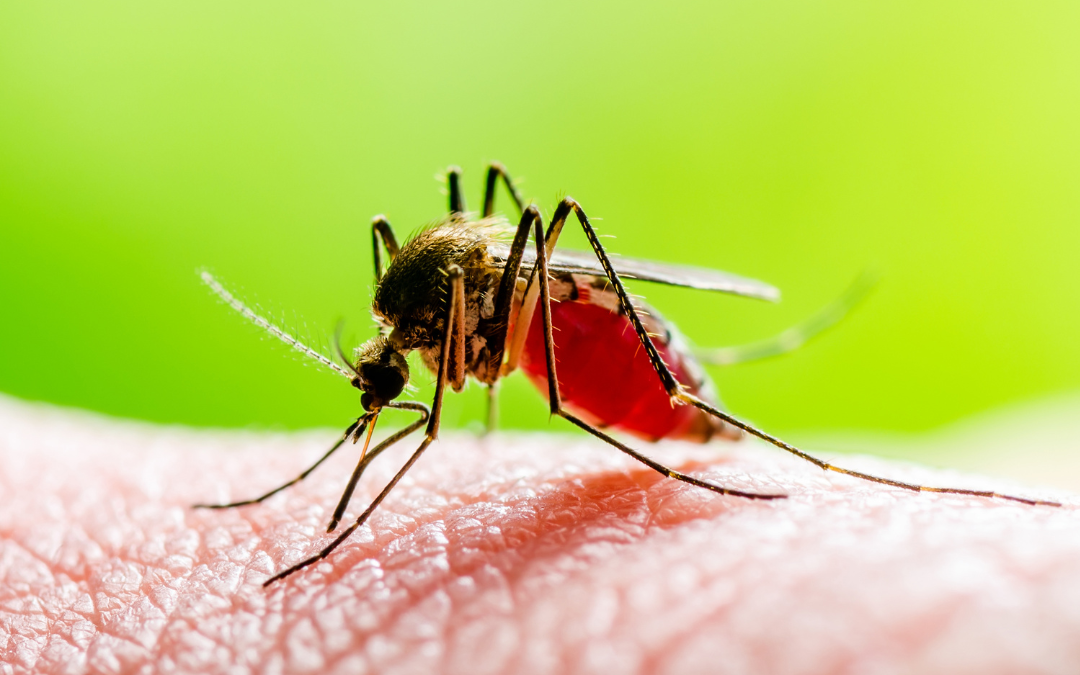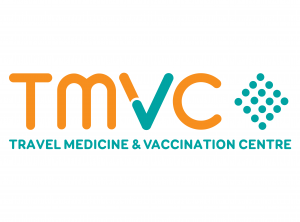If you’re planning to travel anywhere tropical or sub-tropical, there’s a good chance you’ll be at risk for dengue fever. Also known as “breakbone fever,” dengue is the most common mosquito borne disease in humans. You don’t need to be exploring jungles to be at risk for the dengue virus as it occurs mostly in cities in more than 100 countries. The World Health Organization estimates that 100-400 million infections occur worldwide every year. Each year 200-300 cases of dengue fever are diagnosed in Canadian travellers, although the actual number of cases is likely much higher as many people do not seek medical attention.
Dengue fever is a common disease throughout most countries in the Caribbean, Asia, Central and South America, the South Pacific and the Indian Ocean Islands. It has also become more common in some countries in Eastern and Western Africa. It has even become a risk in the United States, with local spread occurring in Florida, Hawaii, Texas, Arizona, and California.
In this blog, I’ll tell you more about this potentially serious and life-threatening disease. I’ll also tell you ways you can protect yourself against dengue fever when travelling, and about the vaccine.
Dengue on the Rise
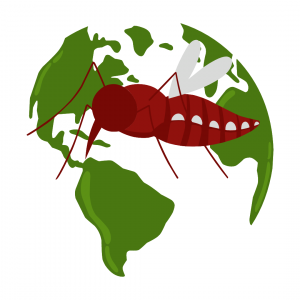
Climate change is contributing to the increase in dengue fever. The increase in rain, humidity, and high temperatures has led to more mosquitos that can carry dengue. Unstable political, financial, and medical systems in many countries have also impacted the rise of the disease.
Mosquitos are to Blame
There are 4 types of viruses that cause dengue fever, that are spread to humans though the bite of an infected Aedes mosquito. These mosquitos usually deposit their larvae in containers such as flowerpots, discarded tires, or any container that can hold stagnant water. This explains why the risk for dengue fever is higher in urban and semi-urban areas, and why the risk is higher when the temperature is humid and rainy. These sneaky mosquitoes also like to hide out in cool, dark places indoors, like under beds or behind curtains. When an Aedes mosquito bites someone with dengue it can become infected and then spread the virus to another person.
Breakbone Fever
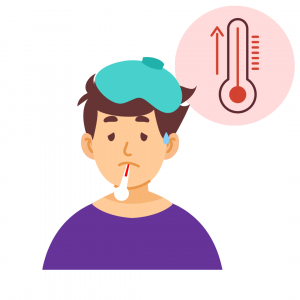
- High fever
- Severe Headache
- Pain behind the eyes
- Rash
- Nausea and vomiting
- Generalized weakness
Most people who get dengue fever have no symptoms, or mild symptoms. People who experience symptoms usually recover after about 6 days.
About 5% of people infected with the dengue virus can progress to severe dengue. These symptoms can include:
- Bleeding nose or gums
- Persistent vomiting
- Severe abdominal pain
- Rapid breathing
- Blood in stool or vomit
Severe dengue can be fatal. Infection with 1 type of dengue causes immunity to that type, but it’s still possible to get infected with one of the other 3 types. Those who have had a previous dengue infection and are infected for a second time are at higher risk of developing severe dengue.
Think You Have Dengue Fever?
If you have symptoms of dengue on your trip or soon after returning home, treat your symptoms and seek medical attention. While most people with dengue don’t need to be hospitalized, symptoms can be similar to other serious diseases such as malaria, which requires prompt medical treatment. If you have any symptoms of severe dengue, seek medical attention immediately.
The Dengue Fever Vaccine
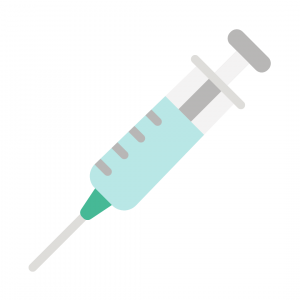
Protect Yourself Against Dengue Fever
The only way to prevent dengue fever is to avoid being bitten by mosquitoes. If you’re travelling to an area where dengue is a risk it’s important to protect yourself from mosquitoes, especially during daytime hours.
- Minimize areas of exposed skin with long-sleeve, light coloured clothing. Consider purchasing permethrin treated clothing to wear on your trip.
- Use an insect repellent with 30% DEET or 20% Icaridin
- Avoid wearing strongly scented products
- Sleep in accommodation with air conditioning or under a mosquito net
Are You at Risk for Dengue Fever?
Consider booking a travel consultation at TMVC to determine if you will be at risk for dengue fever on your trip. If you’re travelling to an area with risk the chances are there will be other health risks and vaccines recommended for your trip. Let us prepare you for a healthy trip! To book your travel consultation simply call us at 1-888-288-8682 or book online.




